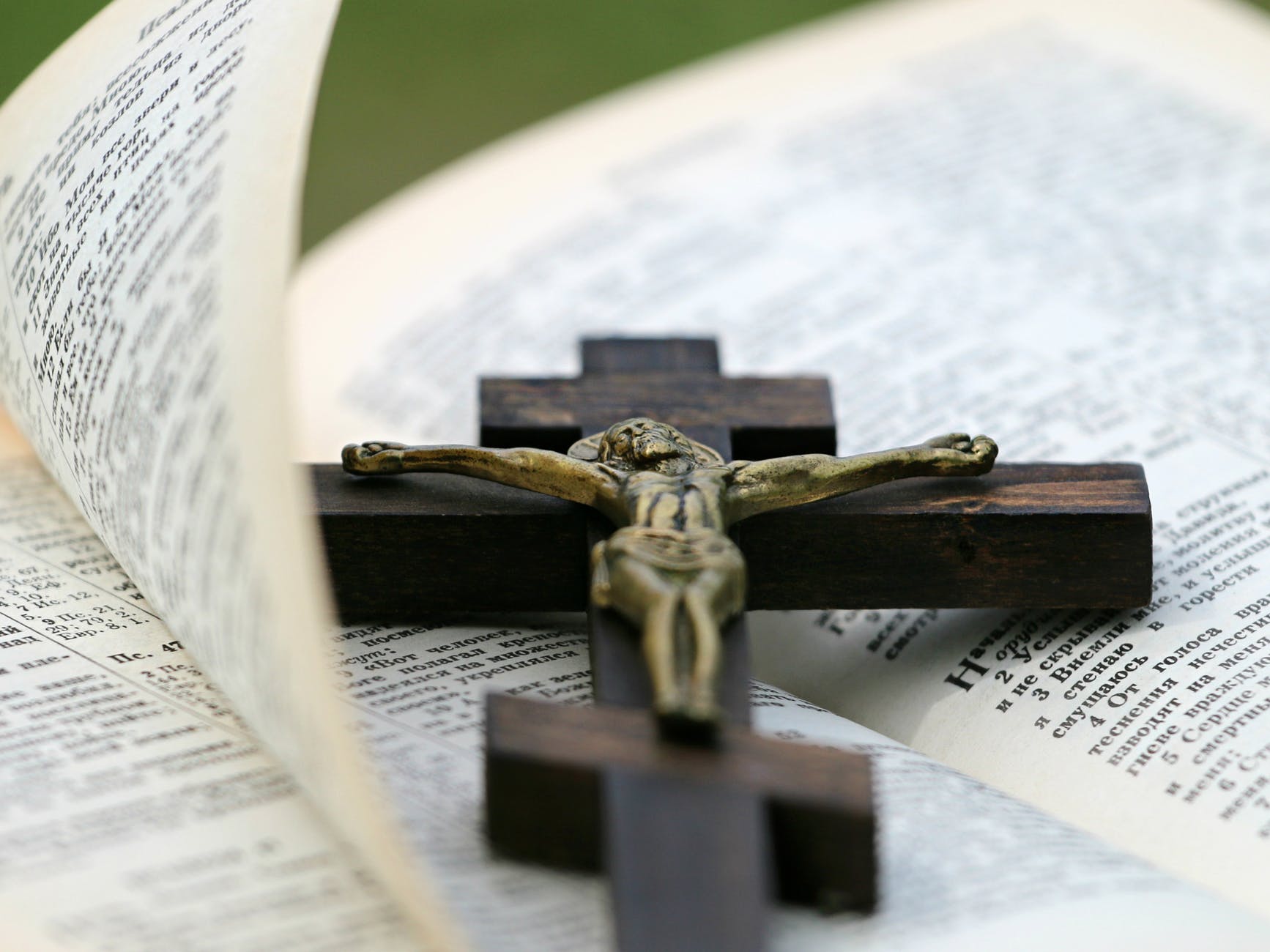

When I went to 5th grade Sunday School, my teacher was Mr. Benson. One experience with him left a powerful impression on me. We had recently moved to Cincinnati and many of my new friends were Catholics. They had crucifixes in their home and even their bedrooms. I asked Mr. Benson why our cross, as Presbyterians, was empty.
Mr. Benson told me that we were both Christians, but emphasized different points about the gospel. The Catholics, he said, want their people to remember always Jesus’ sacrifice on the cross. That God loves us so much that he gave his son as the sacrifice for our sins. Presbyterians and Protestants, he said, emphasize Jesus’ resurrection and new life. We focus on his victory over death and the promise of his coming again.
Even as a 5th grader I “got it.” I saw the value of both the crucifix and the empty cross. It’s not a matter of “right or wrong,” or “better or worse.” It’s a matter of emphasis. Both together convey God’s love in sending Jesus to take our place in death so that he could defeat death and be present with us now and forever.
The empty cross testifies to God’s death-breaking, life-changing power. In Christ, the cross transformed:
Humiliation into glory
Pain into the prize of eternal life
Denial into unwavering devotion
The worst of human deeds into the greatest of God’s wonders
Which expression means the most to you at this time?
Maybe you appreciate the message of the crucifix: that there’s no limit to God’s love. It is the sign we can trust God to care for us in every way.
What, then, shall we say in response to these things? If God is for us, who can be against us? 32 He who did not spare his own Son, but gave him up for us all—how will he not also, along with him, graciously give us all things? (Romans 8:31-32 NIV)
Or maybe you appreciate the promise of the empty cross representing God’s resurrection power at work in every challenge and opportunity in life.
I have been crucified with Christ and I no longer live, but Christ lives in me. The life I now live in the body, I live by faith in the Son of God, who loved me and gave himself for me (Galatians 2:20 NIV).
Never lose sight of Jesus’ cross. No other symbol conveys God’s love and power more clearly.
“For the Cross means that even when things are at their worst, even when life does not bear thinking about, God is master of the situation still, and nothing can spoil His final pattern or defeat His purpose of love” (James Stewart, Heralds of God, p. 78).
Thank you, Mr. Benson!
